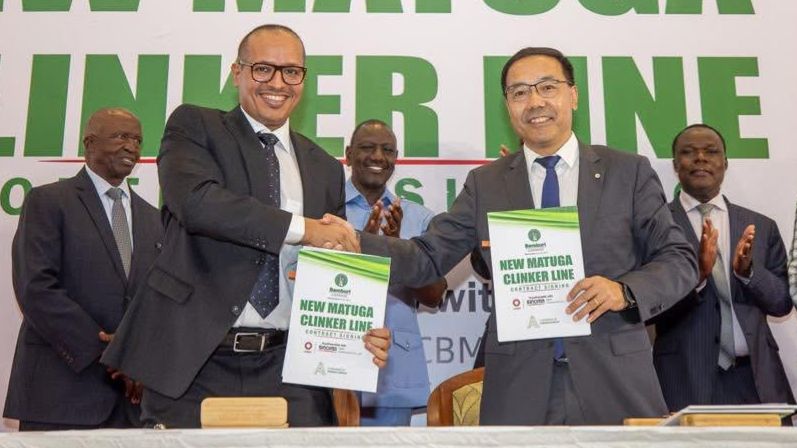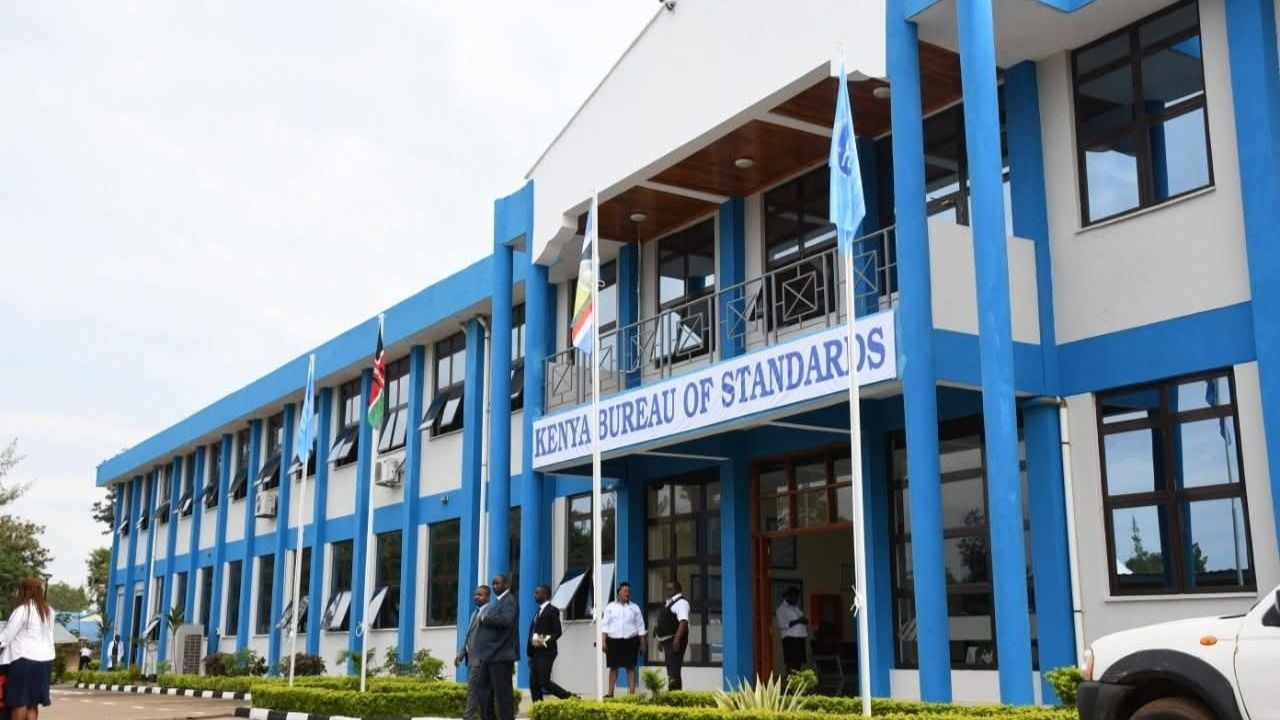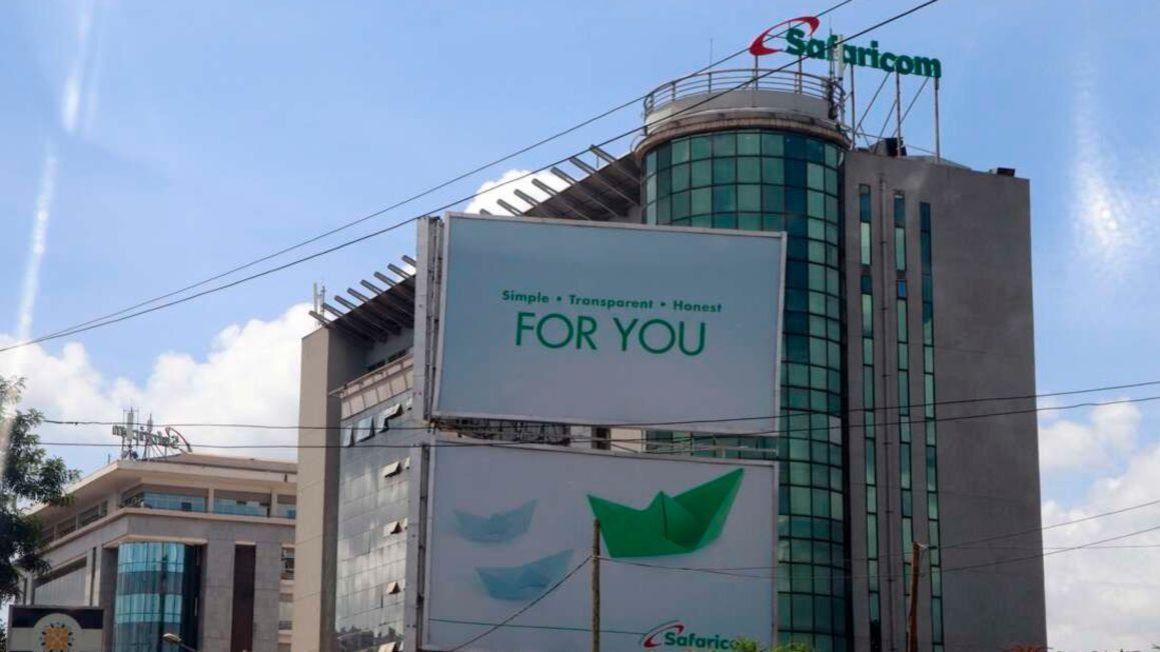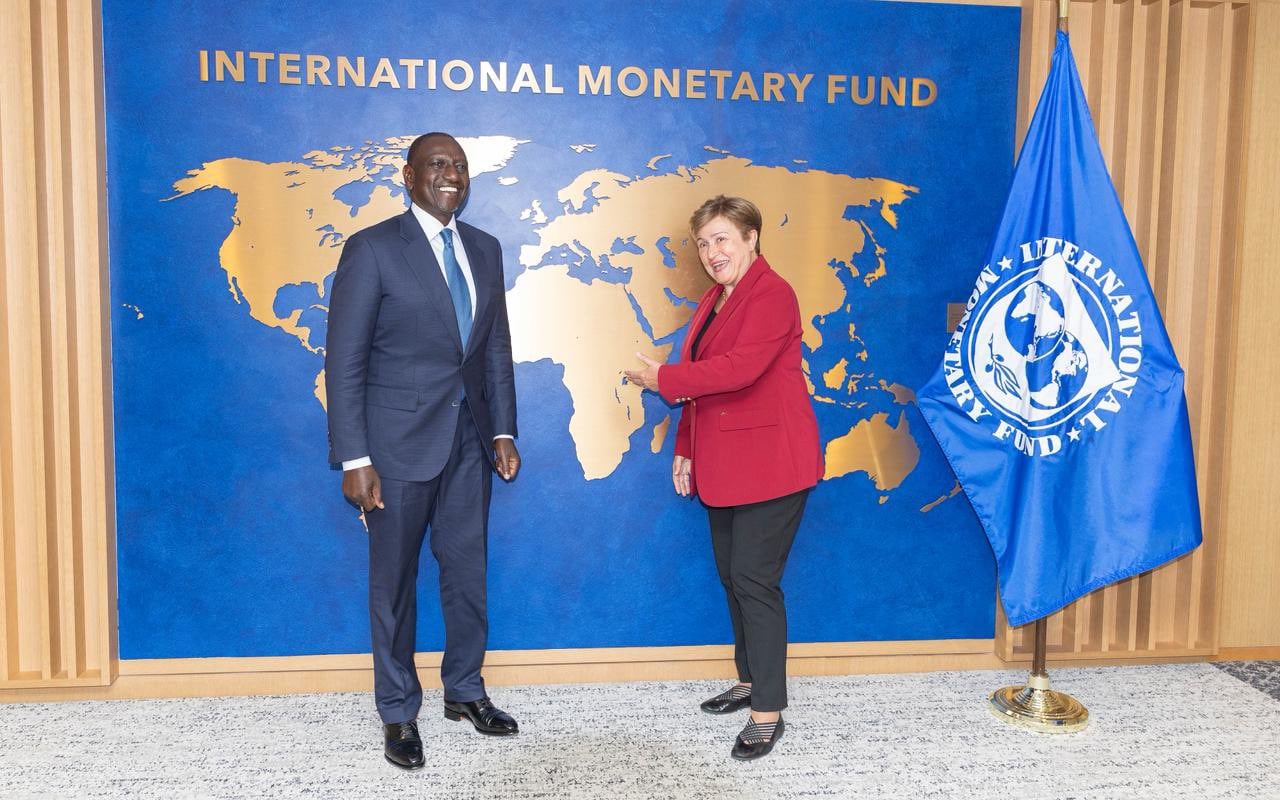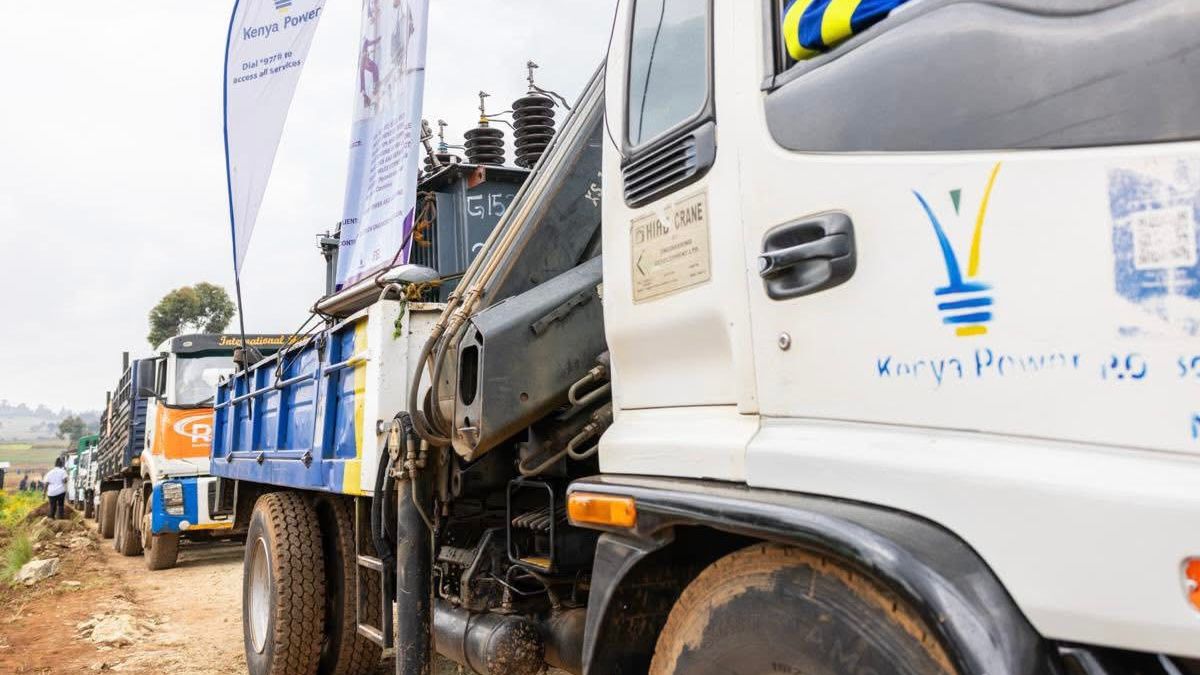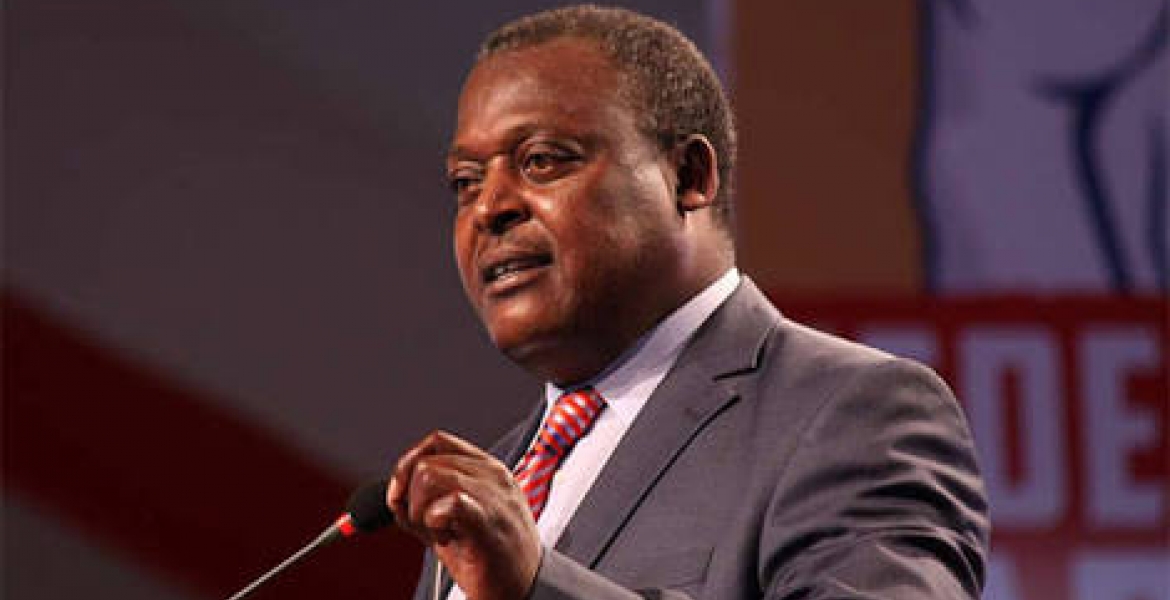The National Treasury submitted four amendment bills to Parliament that proposed various tax and administrative reforms to help the country raise revenue for its development programmes.
The four bills include Tax Laws (Amendment) Bill 2024, Tax Procedures (Amendment) Bill 2024, Public Finance Management (Amendment) (No.3) Bill 2024 and the Public Finance Management (Amendment) (No.4) Bill 2024.
According to Treasury CS John Mbadi, the proposals seek to broaden the tax base while enhancing transparency in the utilisation of public funds.
Some of the major proposals include the new Significant Economic Presence Tax and tax reforms for SHIF and Housing Levy deductions. He is an explainer of the major proposals and how they affect you.
Read More
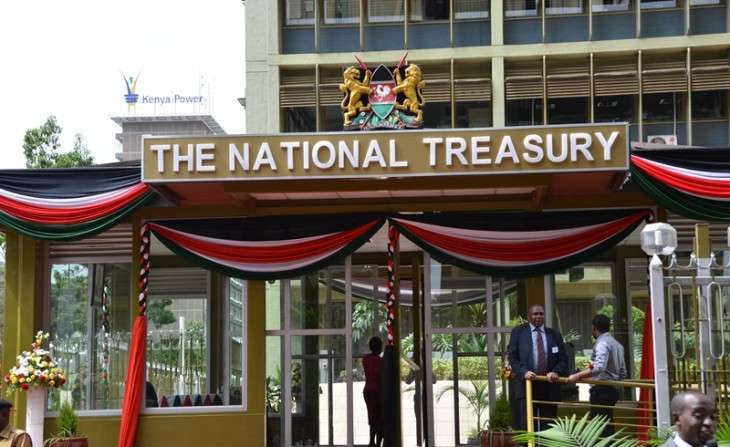
Significant Economic Presence Tax
This new tax replaces the Digital Service Tax (DST) which was introduced in the Finance Act 2020 and targets foreigners offering services to Kenyans through digital platforms.
The tax, set at a rate of 6 percent, will be imposed on Ksh5 million and above. Through this, those earning less than Ksh 5 million will be protected.
Why the new tax? To enhance compliance and broaden the tax base, the National Treasury has proposed to increase the rate of taxation from 1.5 percent (previously in DST) to 6 percent.
"Currently, the digital service tax does not provide for a threshold which creates a situation where the cost of complying with the provision is higher than the tax payable hence encouraging non-compliance," Treasury explained.
"The proposed SEP introduces a turn-over threshold of Ksh5 million on income derived from or accrued in Kenya, through a business carried out over the internet or an electronic network including the digital marketplace."
However, in a meeting with digital publishers on Friday, November 22, Treasury CS Mbadi promised to consider the proposal by the publishers to cap the Significant Economic Presence Tax at 3% as opposed to 6%.
The argument by digital publishers is that foreign companies will pass this burden to the local taxpayers. Digital publishers cited the example of the 16% digital VAT tax which was introduced in 2020, tech companies imposed the tax on Kenyans using their platforms and services making the digital space very expensive to operate on.
Digital Marketplace
The National Treasury seeks to expand the tax base in the digital space owing to the number of businesses that have not been facing taxation over the years.
Consequently, the Tax Laws (Amendment) Bill 2024 proposes to include ride-hailing services, food delivery services, and freelance and professional services to the digital marketplace tax bracket.
Through this amendment, the government will also enhance tax compliance among companies involved in the businesses named above.
Minimum Top-Up Tax
The new proposal targets multinational companies operating in Kenya that make over Ksh100 billion per year.
"The amendment seeks to introduce a new Section in the Income Tax Act to provide for a Domestic Minimum Top-Up Tax where the Combined Effective Tax Rate of a Multinational Enterprise determined for a year of income is less than 15 percent," Treasury explained.
"The reduced effective tax rates below 15 percent arise from the numerous tax incentives that are given to these Multinationals to attract their investments."
Suppliers of Gov't institutions
Additionally, the proposals seek to have business individuals who make supplies to government institutions pay a withholding tax.
The proposed tax rate for non-resident persons at 5 percent and 0.5 percent for Kenyans.
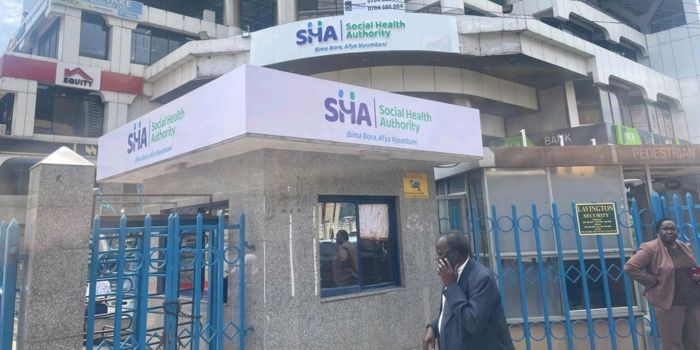
Salary Deductions
The new proposals offer a reprieve for salaried Kenyans by making them take more home at the end of the month.
This will be made possible through the proposal of making the Affordable Housing Levy (AHL), and Social Health Insurance Fund (SHIF) contributions tax deductible.
Simply put, under the new proposal, income tax will only be determined after the two contributions have been deducted from the gross pay.
For Example: If a person's taxable income is currently, Ksh30,000, the PAYE is usually imposed on that whole amount. However, under the new proposal, the PAYE will be determined on Ksh30,000 - (2.75 per cent SHIF + 1.5 per cent Housing Levy). In this case, the taxable income will be Ksh30,000 - (Ksh825 for SHIF + Ksh450 for Housing Levy) which is Ksh28,725.
"Without the ability to deduct these contributions, employees face higher taxable income, which reduces their overall take-home pay. The proposed amendment will therefore make these contributions to be deducted when calculating taxable income thus leaving individuals with more disposable income," read the explainer in part.
Additionally, the proposals seek to make income from pension scheme savings tax-free.
"The Bill seeks to exempt pension payments including gratuity and other payments from a registered pension fund, registered provident fund, public pension scheme or National Social Security Fund from income tax." read the explainer in part.
Reforms in Public Finance Management
Key reforms being introduced through the Public Finance Management (Amendment) (No.3) Bill 2024 include the introduction of a unified payroll system to eliminate all ghost workers.
The proposals also include the introduction of E-procurement which will improve transparency and accountability.
Tax Amnesty
Through the Tax Procedures (Amendment) Bill 2024, the National Treasury is seeking to extend the tax amnesty period to June 2025. This will give Kenyans an opportunity to enjoy waivers of penalties and interest on tax owed to KRA.
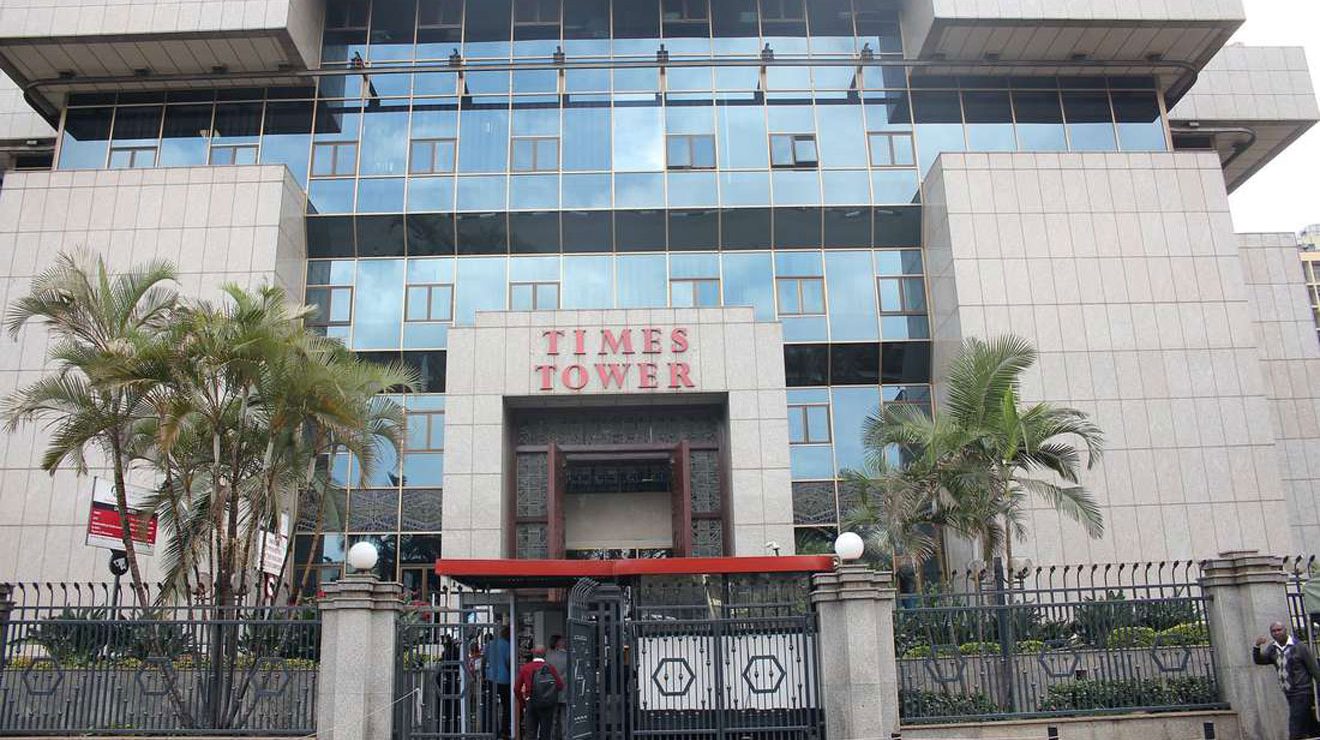
-1758009840.jpg)
